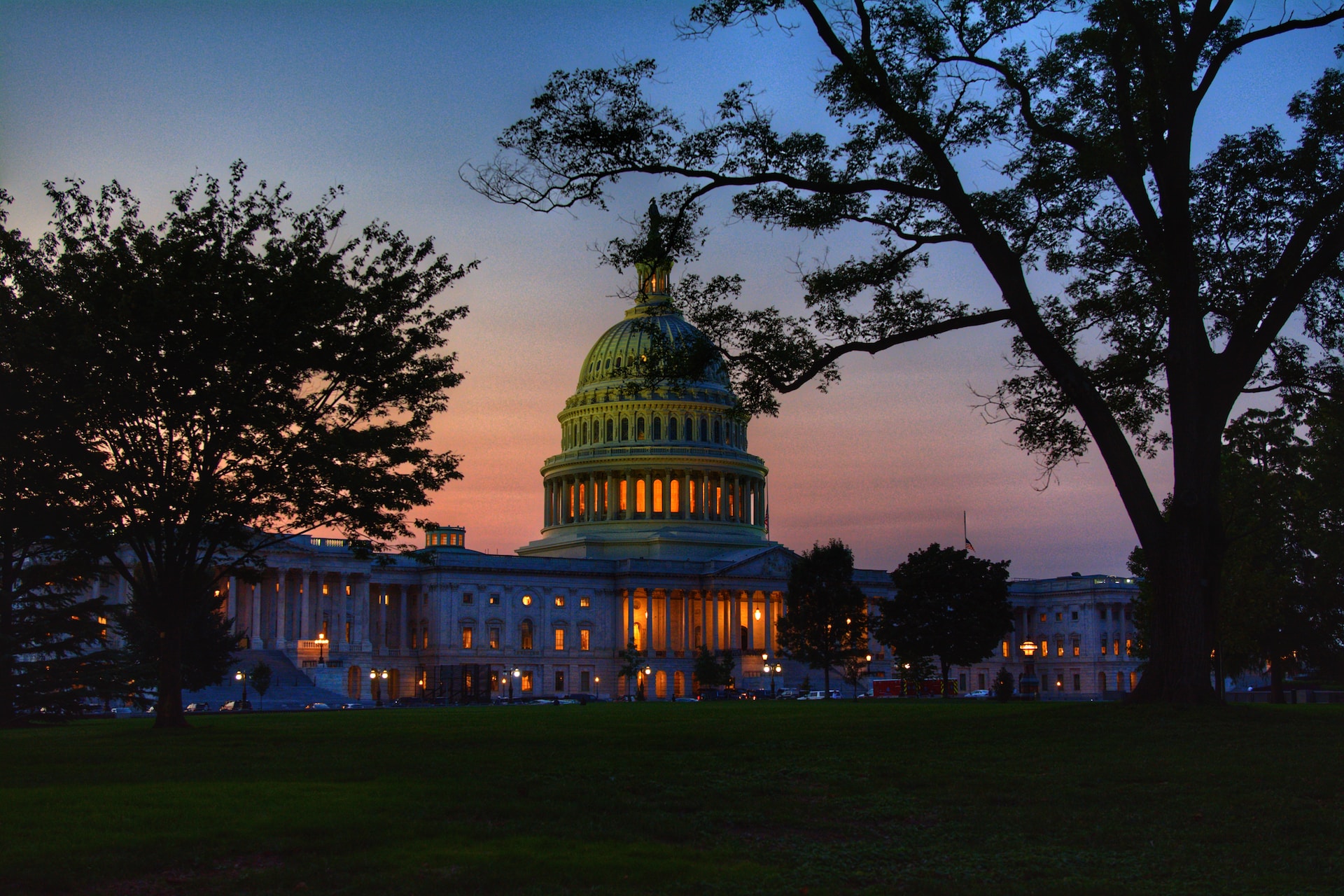
This week, there’s one topic dominating the news cycle: the debt ceiling debates and the possibility of the United States defaulting on its debt. It’s an incredibly serious issue for a number of reasons, not least of which is what a U.S. default would mean for seniors across the country who depend on Social Security to pay their bills and maintain their quality of life.
Shutdowns vs. Defaults
A default would be different from a government shutdown. During a shutdown, the government is unable to pay its workers, but Social Security payments continue to be sent out. But if there’s a default, according to PBS NewsHour, Social Security checks and other benefits would “likely go unpaid.”
In other words, if the U.S. defaults on its debt, seniors would be left without their Social Security payments and other benefits they rely on—but that’s likely not the case for Congress. While seniors go without their hard-earned benefits, members of Congress would still get paid during a default. Our legislators are showing what they think is more important: their own paychecks over those of the seniors they represent!
The Seniors Center: Calling for Change
While government shutdowns are inconvenient, the nation has weathered them before. On the other hand, a default would be catastrophic to our economy—and especially detrimental to senior citizens.
At The Seniors Center, we’re calling for change and for our nation’s government to do what’s right and make seniors a priority. Sign our petition today to protect the future of Social Security, and be sure to follow us on Twitter and Facebook for more updates.



